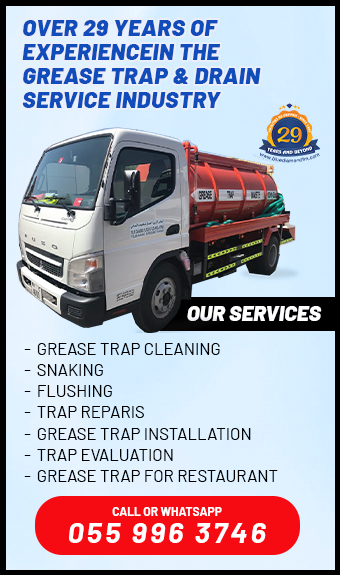Grease Trap Cleaning for Cloud Kitchens: Essential Insights for Delivery-Based Brands
Cloud kitchens—delivery-only kitchens optimized for takeout and multiple brands—have exploded across the UAE. Their compact layouts and high throughput make them efficient revenue drivers, but they also create a specific operational risk: rapid fats, oils and grease (FOG) buildup. Grease Trap Cleaning for Cloud Kitchens isn’t optional — it’s a core maintenance task that prevents downtime, health hazards and municipal fines.
This article explains why cloud kitchens need a tailored grease trap strategy, how often to clean, and how to choose a provider that understands UAE compliance and delivery-based demands.
The Unique Challenges of Cloud Kitchens
High cooking volume in small spaces
Cloud kitchens pack multiple menus and continuous service into a condensed footprint. Deep-frying, sautéing and high-volume prep generate disproportionate amounts of FOG. Because space for large interceptors is limited, traps fill faster and require more frequent attention than in traditional restaurants.
Increased FOG buildup from nonstop operations
Continuous order flow means the grease trap rarely gets time to “rest” between shifts. When cleaning is irregular, solidified grease accumulates, quickly reducing capacity and causing backups.
Compliance risks if neglected
Dubai, Abu Dhabi and other emirates enforce FOG disposal rules and require records of licensed cleaning. Non-compliance can mean fines, temporary closures, or damage to a delivery brand’s reputation — outcomes cloud kitchens can ill afford.

Preventing downtime and delivery delays
A blocked trap can force sinks and drains to back up, creating immediate operational stoppages that disrupt orders and cancel deliveries. Fast-moving cloud kitchens depend on uptime—every hour of downtime translates directly into lost revenue and disappointed customers.
Ensuring food safety and hygiene
Overflowing or dirty traps lead to foul odors, increased pest risk and cross-contamination. For delivery brands, poor kitchen hygiene quickly spreads online via reviews and social media, harming brand trust.
Avoiding municipal fines and reputational damage
Licensed cleaning and documented disposal are commonly requested during inspections. Proper grease trap servicing demonstrates FOG compliance UAE authorities expect and shows partners and platforms your operation takes safety seriously.
Why Grease Trap Cleaning Matters for Cloud Kitchens
Grease Trap Cleaning Frequency & Best Practices
Recommended cleaning schedules for cloud kitchens
There’s no one-size-fits-all schedule, but practical starting points:
Very high-volume cloud kitchens: weekly or bi-weekly cleaning.
Medium-volume operations: every 2–4 weeks.
Low-volume or centralized facilities with large interceptors: monthly.
Adjust frequency based on menu (lots of fried items need more frequent cleanings), trap size, and actual grease build-up observed.
Professional vs. DIY cleaning
DIY upkeep (scraping, filter changes) is good daily practice, but licensed professional Grease Trap Cleaning for Cloud Kitchens ensures full pump-out, interior scraping, and compliant waste disposal. Professionals also provide the documentation auditors expect.
Importance of documented maintenance
Keep service reports, waste manifests and disposal receipts. A digital log with timestamps and technician details reduces audit stress and proves that your cloud kitchen follows FOG compliance UAE rules.
Business Benefits of Regular Grease Trap Cleaning
Enhanced operational efficiency
Routine Grease Trap Cleaning for Cloud Kitchens prevents slow drains, reduces emergency call-outs, and keeps processes flowing smoothly so delivery times stay reliable.
Cost savings from reduced repairs
Emergency plumbing and pipe replacement are expensive. Preventive service reduces long-term capital and emergency repair costs.
Supporting sustainable operations
Many licensed suppliers partner with recycling facilities that convert collected FOG into biogas or biodiesel. Responsible disposal aligns your brand with sustainability goals and can be a marketing advantage.

Choosing the Right Grease Trap Cleaning Service for Cloud Kitchens
Qualities to look for in a provider
-
UAE municipal licensing and valid activity codes.
-
Experience with cloud kitchen maintenance and tight operational windows.
-
Flexible scheduling for off-peak cleaning to avoid affecting delivery times.
-
Clear, digital service reports for compliance audits.
-
Proper waste-chain handling to approved treatment facilities.
Technology-driven monitoring and reporting
Consider providers offering sensor-driven monitoring or IoT-enabled alerts that notify you when grease levels approach thresholds. This shifts maintenance from fixed schedules to predictive, reducing both over-servicing and emergency clean-ups.
Practical Example
A multi-brand cloud kitchen in Dubai moved from monthly cleanings to bi-weekly service after tracking repeated slow drains during peak dinner hours. After contracting a licensed provider that supplied digital manifests, the kitchen reduced emergency calls by 80% and avoided a potential municipal warning during a routine inspection—protecting both revenue and platform partner relationships.
Conclusion
For delivery-first businesses, Grease Trap Cleaning for Cloud Kitchens is a preventative investment that protects uptime, brand reputation and regulatory standing. Cloud kitchens should adopt scheduled, documented cleaning plans, partner with licensed UAE providers, and consider technology-driven monitoring to optimize service intervals.
Don’t wait for a blockage to hit your delivery metrics. Book a cloud-kitchen FOG audit or request a tailored maintenance plan to keep your operation compliant and delivery-ready.
Most Frequently Asked Question
Frequency depends on volume and menu. High-volume cloud kitchens often require weekly or bi-weekly cleanings; medium-volume operations typically schedule every 2–4 weeks
Daily scraping is fine, but professional pump-out and compliant disposal should be done by licensed providers to meet UAE municipal regulations and ensure proper waste handling.
Keep service reports, waste manifests, disposal receipts and technician details. Digital logs are especially useful during inspections.
Yes. Preventive cleaning lowers emergency plumbing costs, reduces downtime, and extends the life of plumbing infrastructure
Yes. Many licensed collectors deliver FOG to recycling or biodiesel conversion facilities—ask providers about sustainable disposal options.
Ask about UAE municipal licenses, experience with delivery-focused kitchens, off-peak scheduling, digital reporting, emergency response times, and proof of responsible waste disposal.
Our Services
Our step-by-step guide simplifies the cleaning process, ensuring a hassle-free experience while keeping your traps clean.
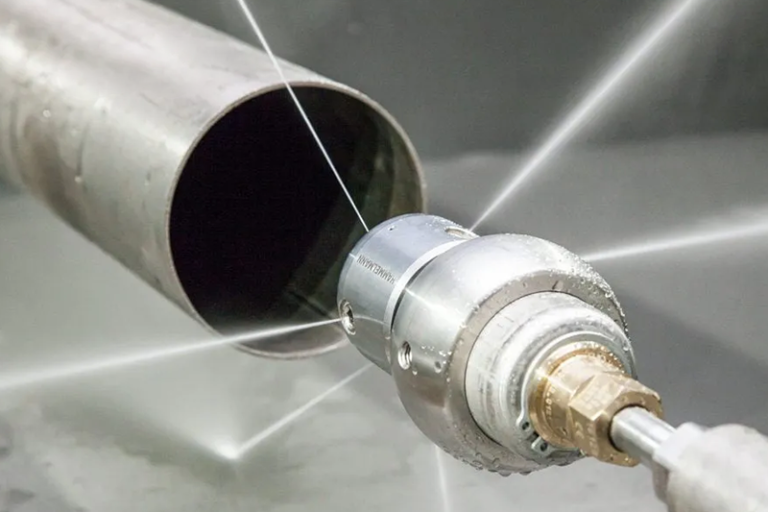
Drain Line Jetting
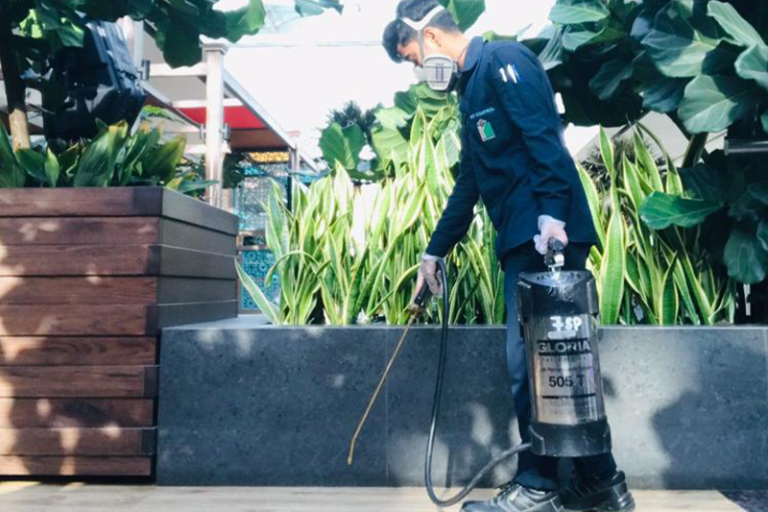
Pest Control Service
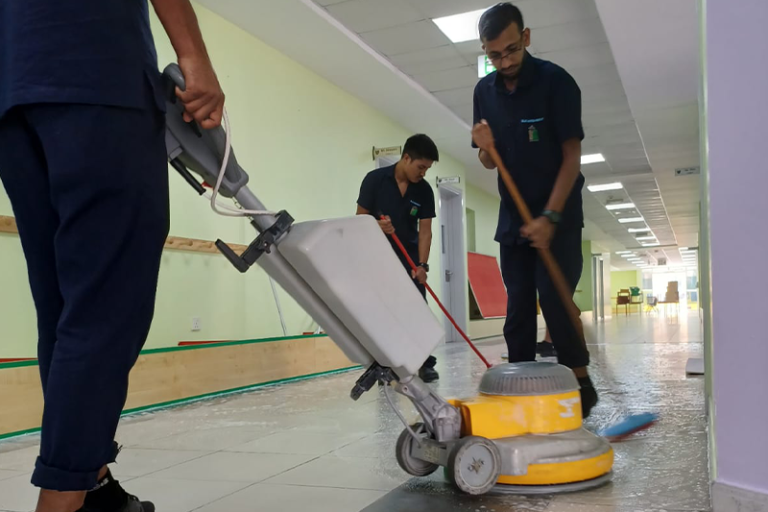
Deep Cleaning
business
Our Working Process
Let’s start the journey towards success and enhance revenue for your business. Take your company to the next level.
Book An Appointment Today
Blue Diamond would like to hear from you. if you have business inquiries. Get in touch with us.





